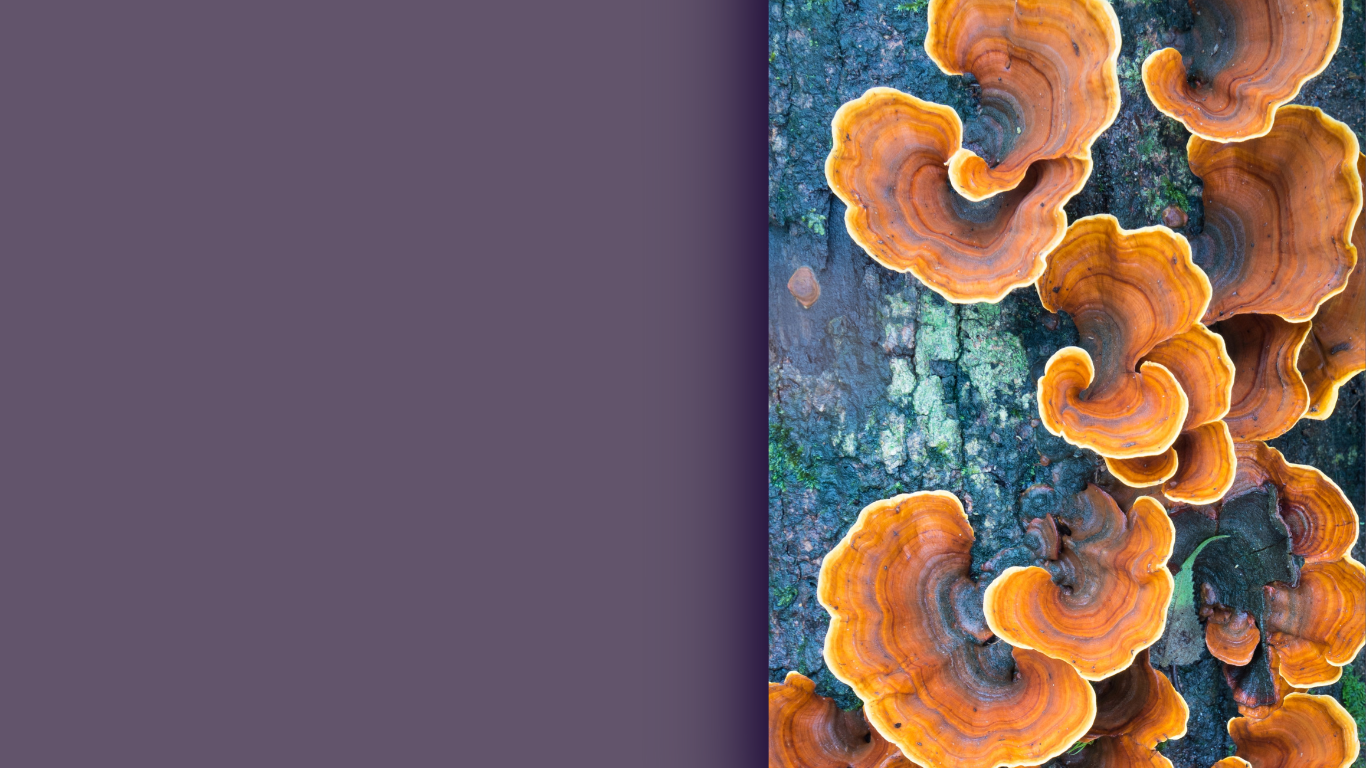
“Cap and Stem was founded on the principles of education and a love of fungi. We aim to engage our community and share our mission.”
Mushrooms Have Been Enjoyed by Humans for Thousands of Years
All around the world, humans have been foraging culinary and medicinal mushrooms. In addition to their prized flavor and nutrition properties, we have known for a long time that mushrooms have healing properties for the mind and body. While the science community has published hundreds of research articles showing the unique benefits of mushrooms, our western culture is slow to fully embrace a fungus-forward diet.
For thousands of years, humans have foraged for mushrooms in the wild. Skilled foragers knew when and where to look. They learned to identify different mushrooms in their local environment, and shared the bounty with their friends and family. Mushrooms today are still foraged throughout the world, they are also cultivated commercially, and can easily be grown at home. Their unique biology, strong medical benefits, and delicious flavor are just a few reasons why we should eat more mushrooms.
There are a handful of mushrooms that have long stood-out as the best for adding to our diets. This is based on flavor, nutrition, medicinal benefits, and availability.
-
Mushrooms offer a versatile culinary ingredient prized for their umami flavor, unique textures, and compatibility with various cooking methods. They add depth and richness to dishes like soups, stews, and stir-fries, while also serving as meat substitutes in vegetarian recipes. Mushrooms are low in calories but rich in protein, fiber, vitamins, and minerals, providing both flavor and nutritional value to meals. Their diverse shapes, sizes, and colors allow for creative presentation, and they pair well with a wide range of ingredients, enhancing the complexity of flavors in dishes. Overall, mushrooms are valued in culinary applications for their versatility, umami taste, nutritional benefits, and ability to elevate the taste of diverse cuisines.
-
Mushrooms can have important health benefits and exhibit a broad spectrum of pharmacological activities, including antiallergic, antibacterial, antifungal, anti-inflammatory, anti-cancer, antioxidative, antiviral, cytotoxic, immunomodulating, antidepressive, antihyperlipidemic, antidiabetic, digestive, hepatoprotective, neuroprotective, nephroprotective, osteoprotective, and hypotensive activities.
Mushrooms have been shown to have immunomodulatory effects, meaning they can help regulate and enhance the immune system's response. Compounds found in certain mushrooms, such as beta-glucans, polysaccharides, and other bioactive molecules, stimulate the activity of immune cells like macrophages, T cells, B cells, and natural killer cells. These compounds can enhance the body's ability to defend against infections, viruses, and diseases by boosting immune function and promoting a balanced immune response.
-
Many cultures around the world revere mushrooms as sacred beings. Bringing ‘immortality’ and spiritual guidance to those who consume. The Japanese word for Lion’s Mane is yamabushitake which means ‘mountain priest mushroom’.
They are routinely foraged, cultivated, celebrated and enjoyed by most people. They hold important meaning in a variety of rituals and traditions. The classic fly agaric mushroom is referenced in Super Mario, Alice in Wonderland, and countless additional pop culture media. The red and white coloring of the same mushroom may have even inspired the color design of modern Santa Claus.

Mushrooms Help Us Heal and Grow





